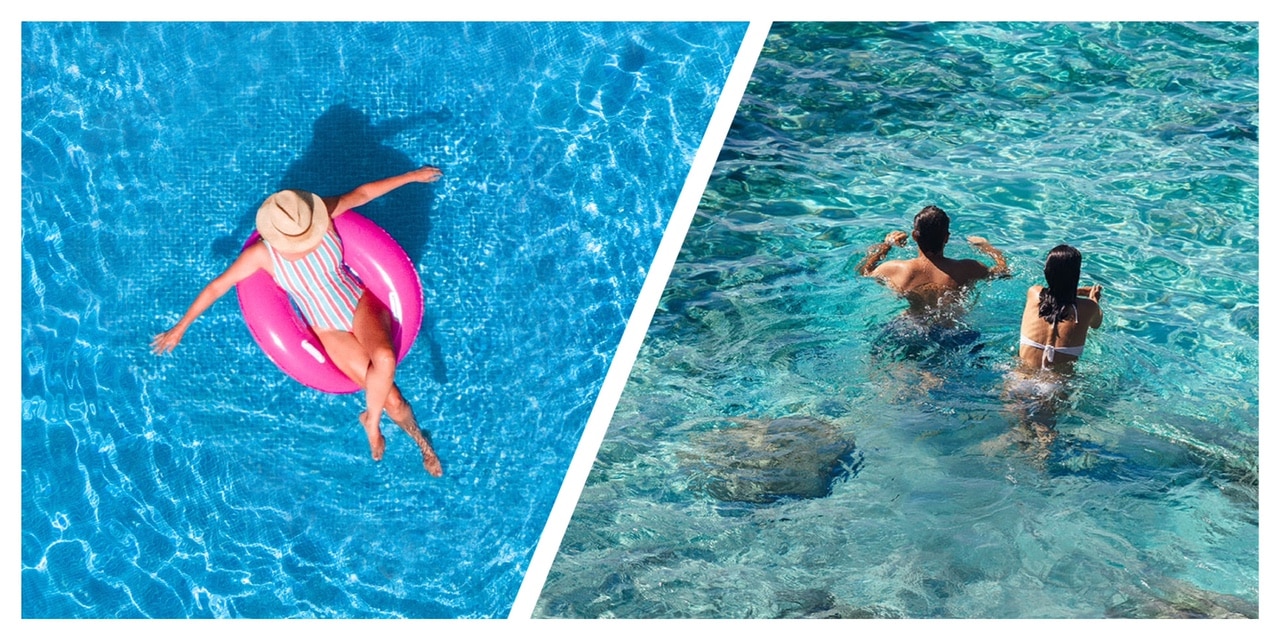Have you ever noticed how a day at a resort pool seems to slip away in an endless blur, while beach hours feel more defined and memorable? It's not just your imagination – these two experiences affect our sense of time in fundamentally different ways.
This phenomenon has fascinated psychologists and neuroscientists who study how environments influence our temporal perception. Their research reveals that our sense of time isn't fixed but rather shaped by our surroundings, activities, and sensory inputs.
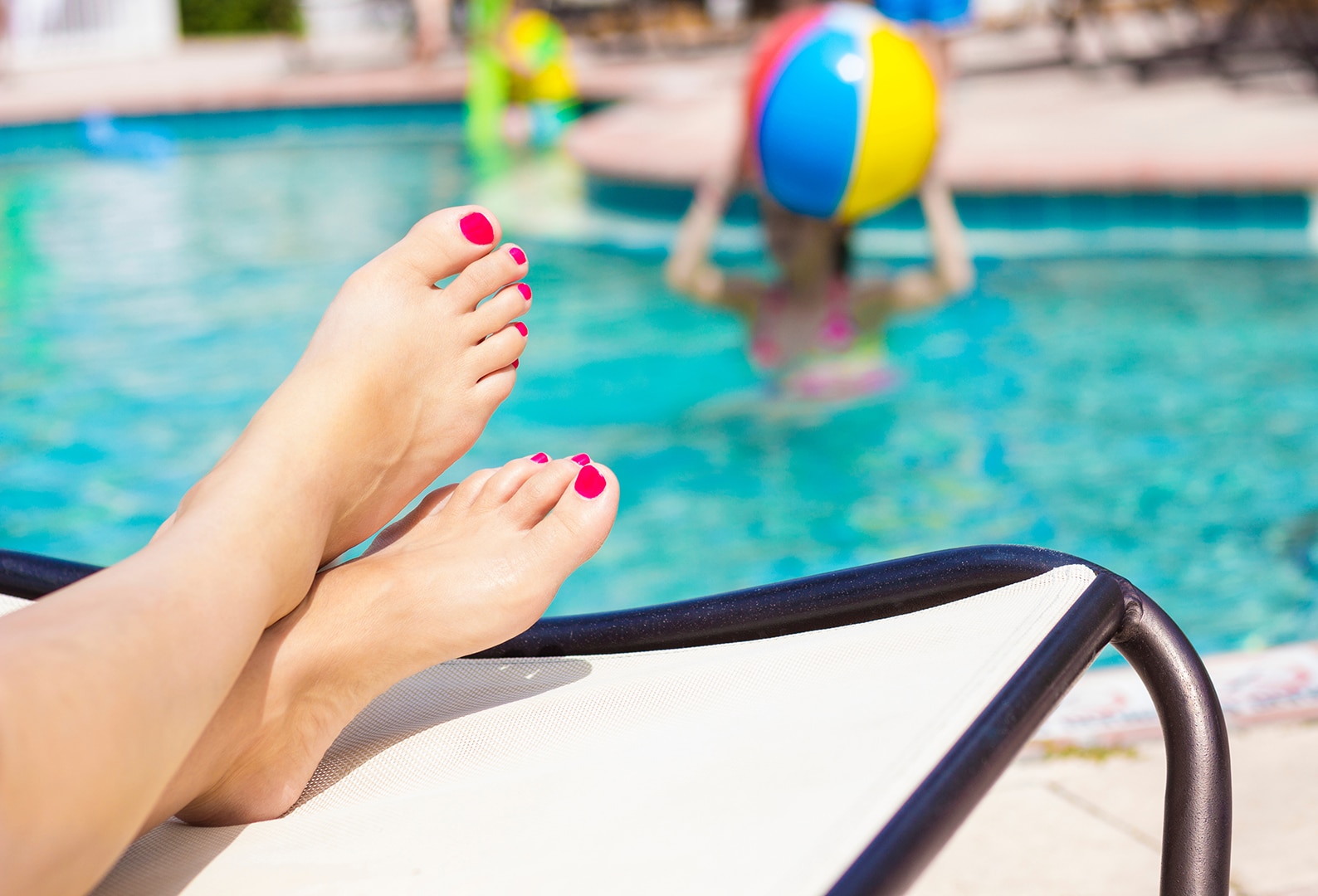
The Invisible Bubble of Resort Time
Resort pools exist in their own temporal dimension. Within their carefully manicured confines, conventional time markers dissolve. The temperature-controlled water, constant umbrella shade, and steady hum of ambient music create an artificial ecosystem where 2 PM feels indistinguishable from 6 PM. This timeless quality is by design – resorts aim to suspend reality, helping guests forget the outside world entirely.
The effect is similar to what happens in Las Vegas casinos, where designers deliberately eliminate temporal cues to create a sense of timelessness. The consistent lighting, regulated temperature, and rhythmic background noise work together to disconnect us from our usual time-keeping instincts, inducing a kind of temporal cocoon.
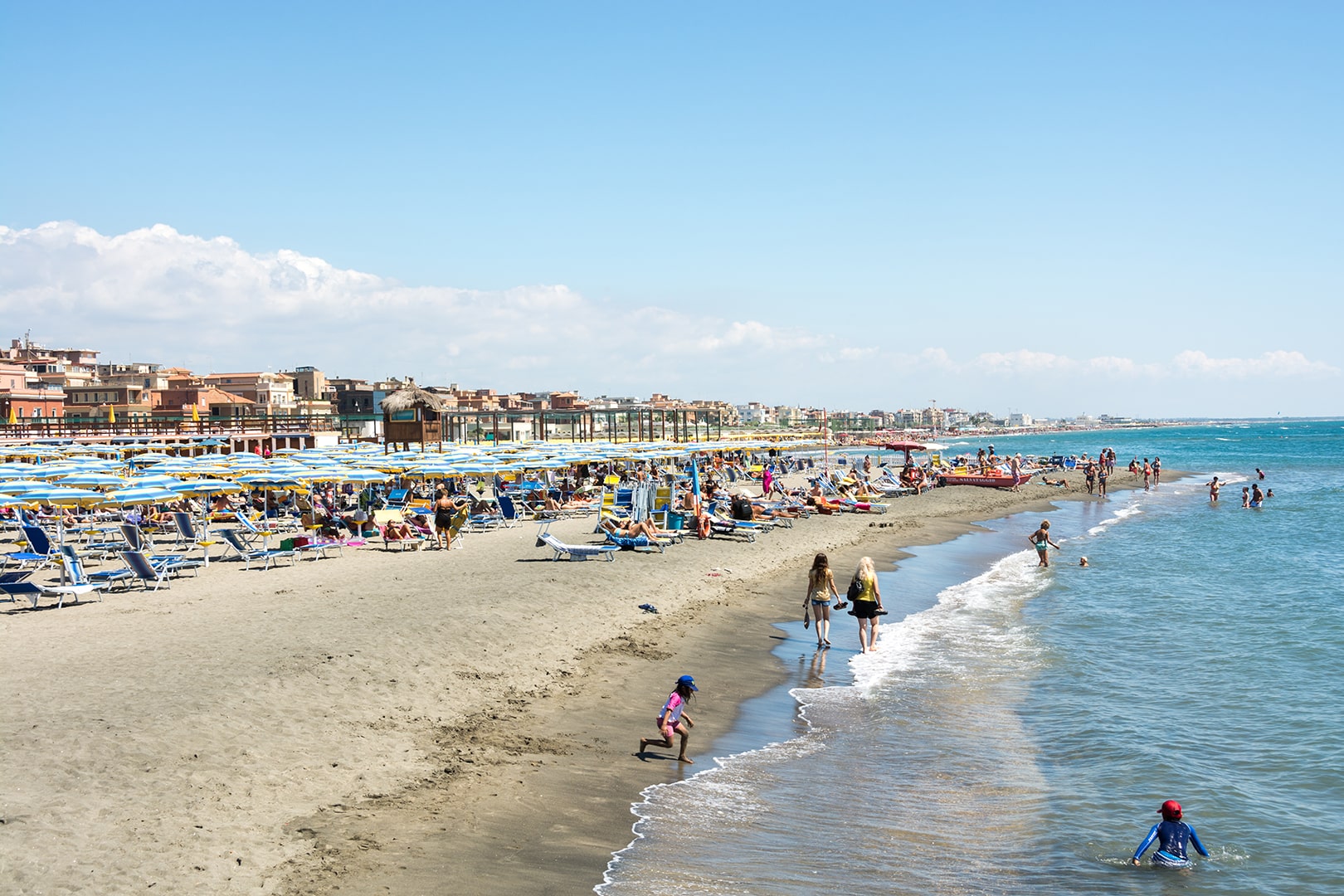
Nature's Clock at the Beach
Beaches, by contrast, keep us intimately connected to time's natural rhythm. The shifting tides mark the hours like a cosmic clock. Shadows lengthen across the sand, the sun's intensity waxes and wanes, and the water temperature subtly changes throughout the day. These environmental cues constantly update our internal chronometer, making us more aware of time's passage while paradoxically helping us stay present in each moment.
This connection to natural rhythms aligns with our circadian biology. Our bodies evolved to respond to these environmental signals, and exposure to natural light cycles and temperature variations can actually help reset disrupted internal clocks. The beach environment taps into these ancient timing mechanisms, creating a more grounded temporal experience.
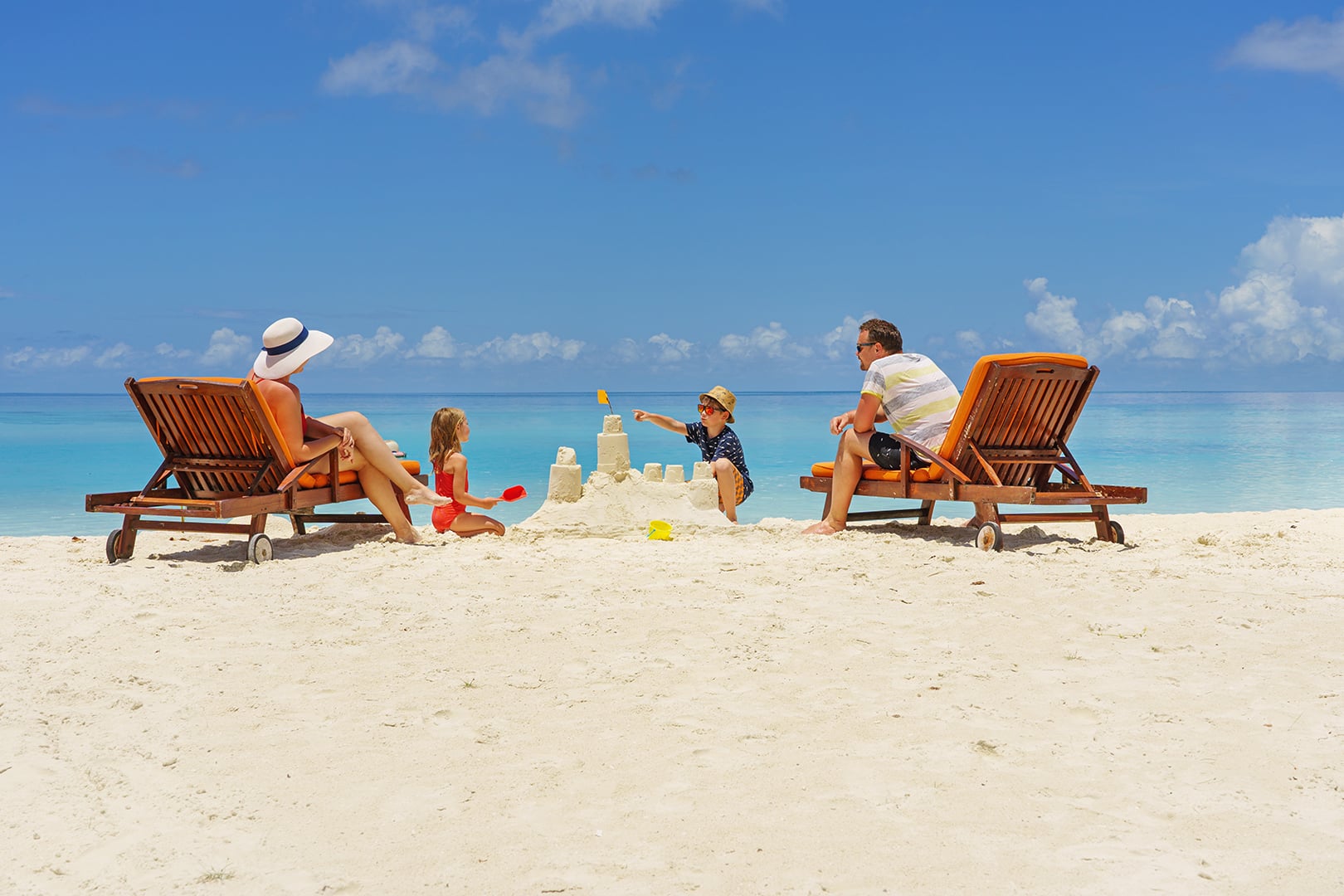
The Activity Factor
Pool days tend to revolve around a single posture: reclined. Whether reading, napping, or chatting, we often maintain one position for hours. This static behavior blends time into an indistinct haze. Beaches, however, naturally encourage varied activities – walking the shoreline, swimming in waves, building sandcastles, beachcombing. Each distinct activity creates its own memory marker, making the day feel fuller and more segmented.
Memory researchers have found that our perception of time's passage is closely linked to the number of distinct memories we form. The more varied our activities and experiences, the more temporal landmarks our brains create, leading to a richer and more detailed sense of time. This explains why beach days often feel more substantial in our memory than pool days, even if both lasted the same number of hours.
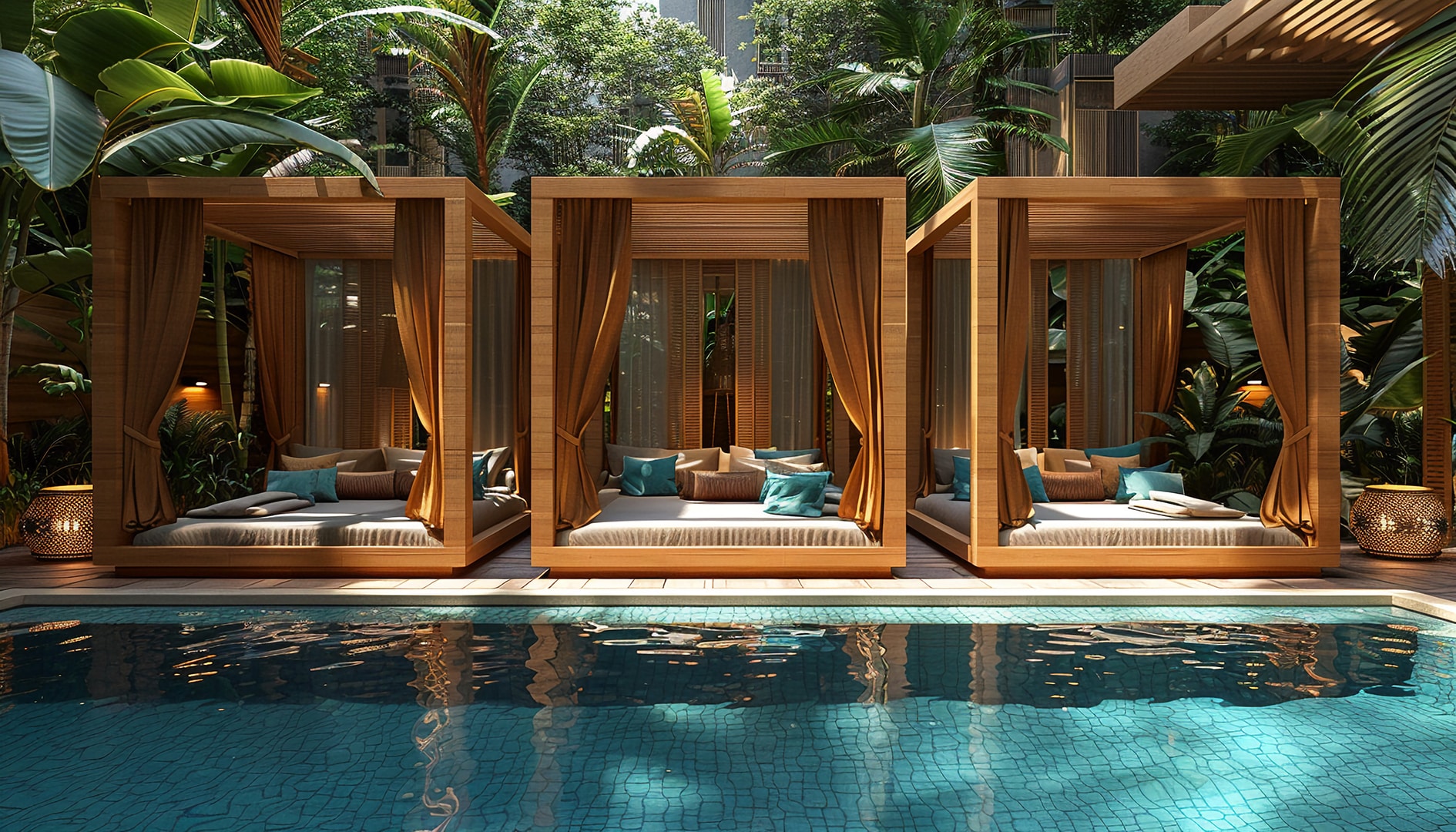
The Social Dimension
Pool layouts typically assign us to fixed positions – specific loungers or cabanas that become our base of operations. This spatial constraint limits organic social interactions. Beaches allow freedom of movement and natural encounters as people stroll past or set up nearby. The fluid social environment creates more temporal landmarks through spontaneous conversations and chance meetings.
These different social architectures also influence our behavior patterns. Pool environments often encourage smaller, more intimate social circles, while beaches facilitate a kind of social wandering that can lead to unexpected connections. The varying social dynamics contribute to our different experiences of time in each setting.
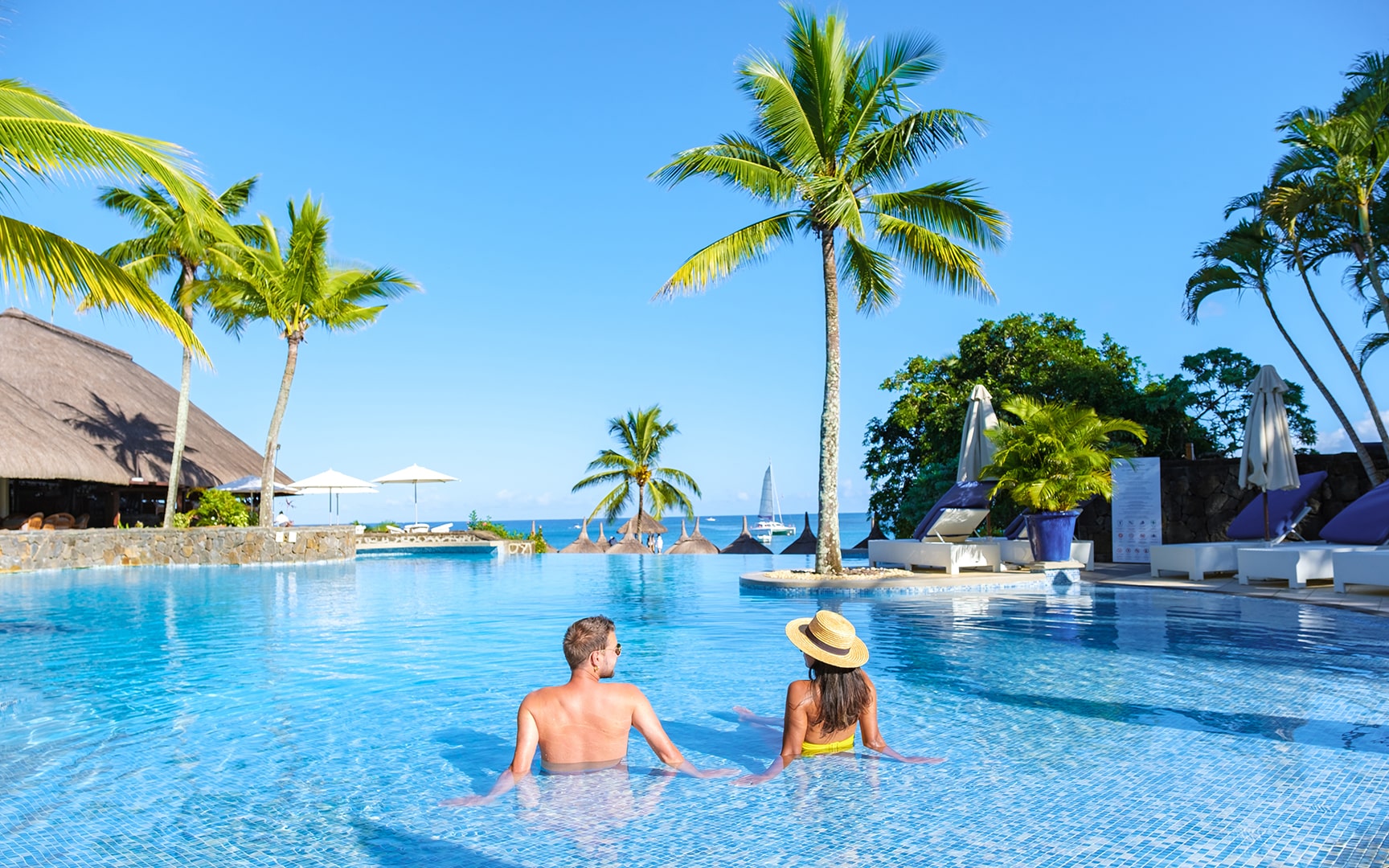
The Sensory Experience
Resort pools offer a carefully controlled sensory experience. The water temperature never varies, the concrete deck feels consistently smooth, and even the air carries the same mix of chlorine and sunscreen throughout the day. Beaches bombard our senses with constant variation – the texture of sand between our toes, the changing temperature of sea spray, the sound of waves that never crash quite the same way twice. This sensory richness makes each moment more distinct and memorable.
Neuroscience suggests that our brains process time differently when exposed to novel versus predictable sensory inputs. The constant variation at the beach keeps our sensory systems engaged and alert, while the pool's consistency can lull us into a kind of temporal numbness. This difference in sensory processing directly affects how we experience the passage of time in each environment.
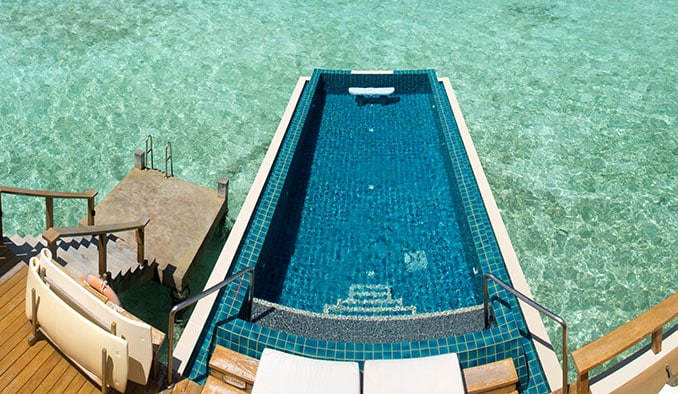
Why This Matters
Understanding these different temporal experiences can help us make better vacation choices. When you need to completely escape time's grip and reset your mental clock, a resort pool provides that coveted pause button. But when you want to feel fully alive and present in time's flow, the beach offers an immersive connection to nature's rhythms. Neither experience is superior – they simply serve different needs in our relationship with time.
This awareness can extend beyond vacation planning to how we think about time in our daily lives. The principles at play – environmental cues, activity variation, social interaction, and sensory engagement – can be applied to shape our temporal experience in any setting, helping us create either time-suspended sanctuaries or richly marked passages of time as needed.

